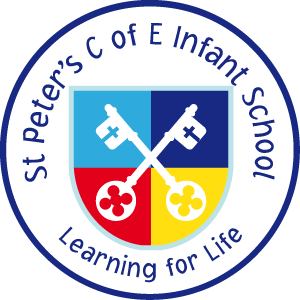“Individuals can only manifest their Spiritual and Moral ideals within Social and Cultural contexts and they require a high level of personal and social skills and qualities to achieve this”

‘Lack of commitment to these qualities tends to create, inhuman places…vulnerability to injustice, exploitation and expedience’ (Surrey CMC 1996)
Spiritual Development
Spiritual Development is not synonymous with, but clearly explicitly linked to ‘religion’. It relates to fundamental questions about the meaning or purpose of life. It is about ‘inner’ experience and while it is difficult to express adequately, it can include intuition, feelings, emotions, compassion, empathy and faith. It explores the engagement we have with the big questions that impact on us all, that question our origins and our future, the meaning of life or existence.
It is about the development of a sense of identity, self-worth, personal insight, meaning and purpose. It is about the development of a pupil’s ‘spirit’. Some people may call it the development of a pupil’s ‘soul’; others as the development of ‘personality’ or ‘character’.
Moral Development
Moral Development can be defined as enabling learners to develop their own personal code of values to guide their thinking and behaviour in all areas of their lives, together with the willingness to put it into practice (‘moral fibre’ or integrity).
It is also about the development of pupils’ understanding of society’s shared and agreed values. It is about understanding that there are issues where there is disagreement and it is also about understanding that society’s values change. Moral development is about gaining an understanding of the range of views and the reasons for the range. It is also about developing an opinion about the different views.
Social Development
Social Development is the forming of skills to relate positively to others, take responsibility, participate in the community and develop a sense of being a responsible citizen.
It is about functioning effectively in a multi-racial, multicultural society. It involves growth in knowledge and understanding of society in all its aspects. This includes understanding people as well as understanding society’s institutions, structures and characteristics, economic and political principles and organisations, roles and responsibilities and life as a citizen, parent or worker in a community. It also involves the development of the interpersonal skills necessary for successful relationships.
Cultural Development
Cultural Development is facilitated through enabling pupils to appreciate their own cultural traditions and the diversity and richness of others. This may include national cultures and social or ethnic sub-cultures.
It is about understanding and feeling comfortable in a variety of cultures and being able to operate in the emerging world culture of shared experiences provided by television, travel and the internet. It is about understanding that cultures are always changing and coping with change. Promoting pupils’ cultural development is intimately linked with schools’ attempts to value cultural diversity and prevent racism.
Visitors are always welcome to our school and will see for themselves how SMSC development is embedded within the life and practises of the school.
